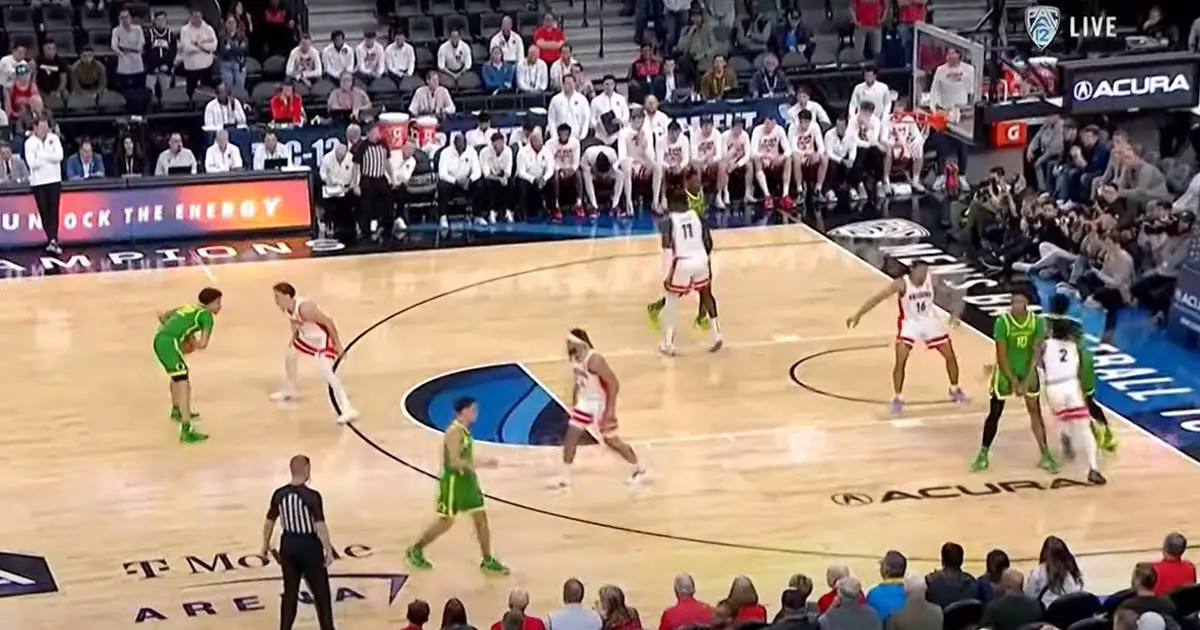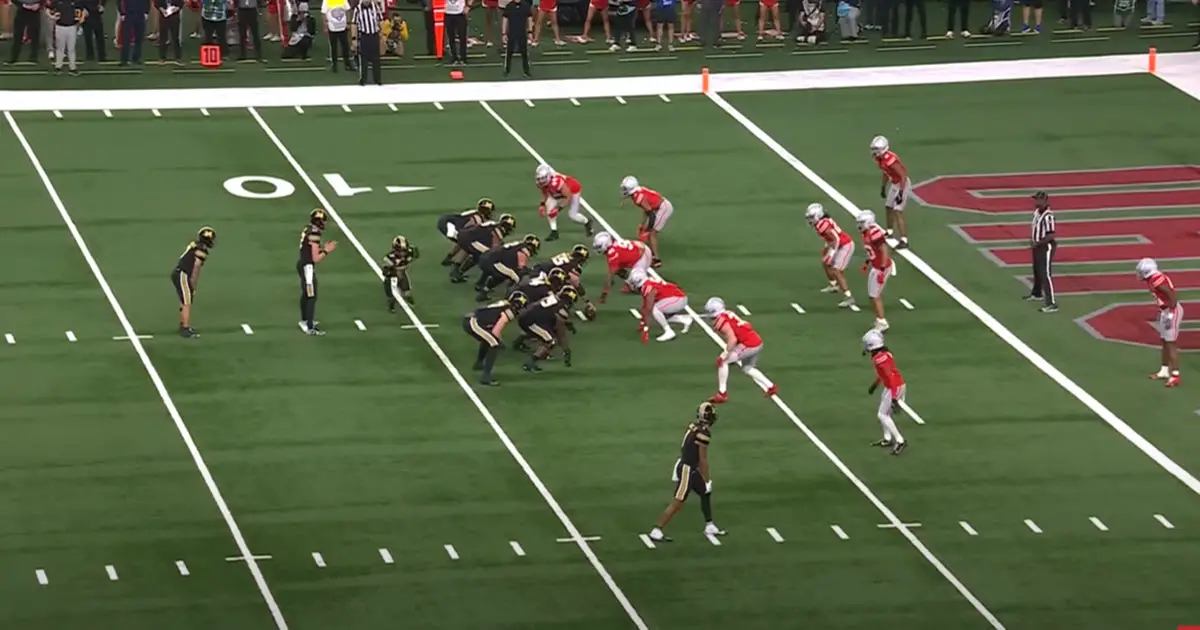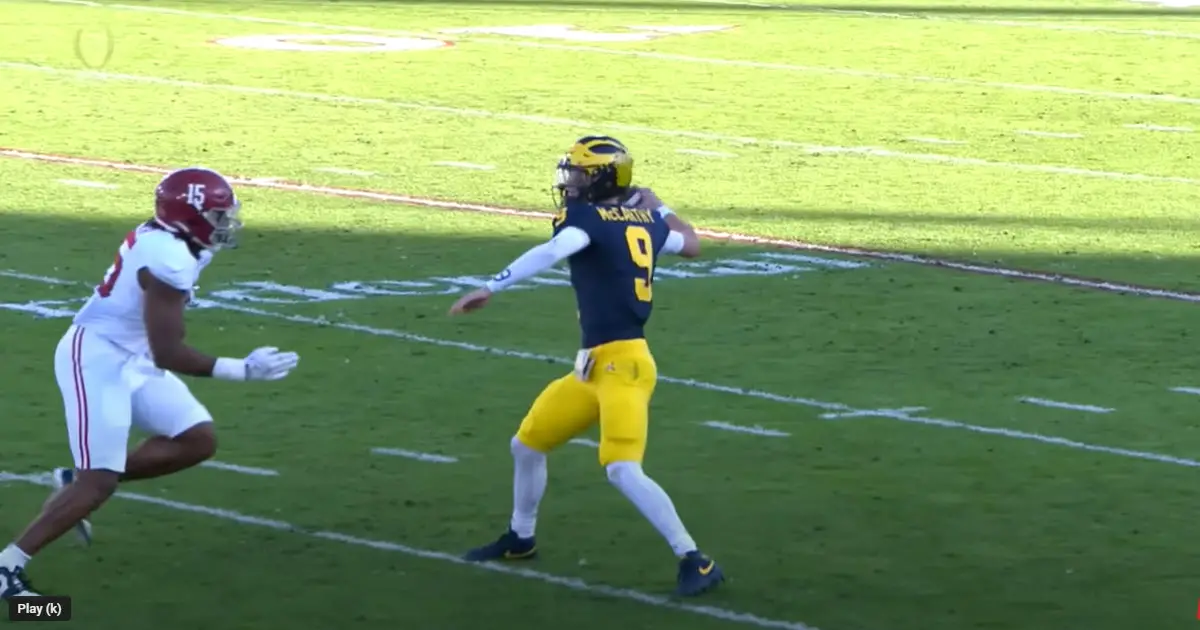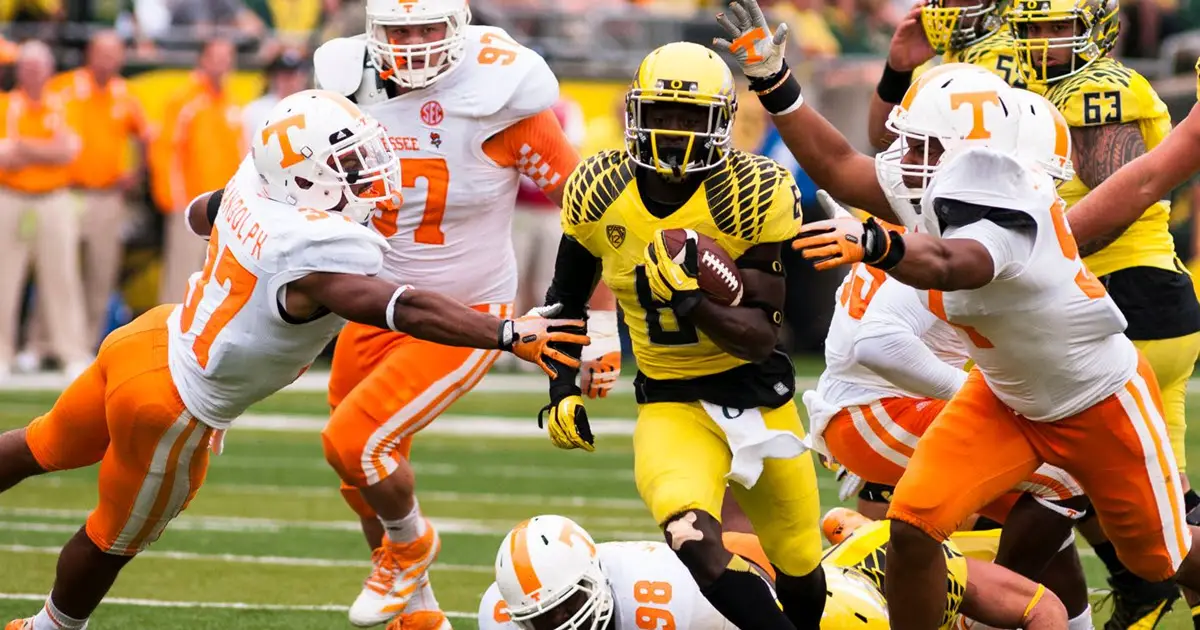What is the best way to determine the 12-team College Football Playoff field? Will the CFB Playoff Committee (Committee) simply use the won/loss records of teams when deciding on the Delightful Dozen? Or, like the College Basketball Committee, will there be a more nuanced approach? In an era of super-sized conferences with unbalanced schedules, it will hopefully be the latter if the Committee wants its selections to be respected by coaches, players, and fans of CFB.
References in this article to rankings use the College Football News 2024 preseason rankings (CFN Rankings) of the 134 college football (CFB) teams that in theory, have an opportunity to make the 2024 12-team Playoff field. The Playoff Committee will reveal its final ranking and the Playoff field on Sunday, December 8, 2024.
No team with two losses played for a BCS title or more germane to the Committee’s role, was selected to participate in the 4-team field. The Committee’s most egregious miss was taking B1G runner-up Ohio State instead of B1G conference champion Penn State in 2016.
Yes, Penn State had two losses in 2016 and the Buckeyes had one, but Penn State defeated Ohio State in the regular season coming from down 21-7 at the start of the 4th quarter to win the game 24-21. Ohio State was chosen by a Committee that is supposed to honor conference championships and head-to-head results. For what it’s worth, Ohio State was defeated by Clemson in the playoff semifinal game 31 to Zip/Nada/Nudge/Zero. (Georgia defeated Penn State in the Taxslayer Bowl. Not a very good showing for the B1G.)
With a 12-team playoff beginning in 2024, more than one two-loss team will be included in the playoff field The committee is going to have to parse two-loss teams not only to decide the playoff field but also to determine seeding. The top highest-ranked four conference champions will be seeded one through four and receive a first-round bye. Teams seeded five through eight will play a first-round game on their home field. Seeding will matter.

The NET is perceived as much more fair in college basketball. (Screenshot from Pac-12 Video)
From College Football News – “Schedules, Schedules, SCHEDULES! In the new 18-team B1G, every team misses eight B1G schools every season. There is a massive disparity in schedule strength.” Insert SEC for B1G, change 18-team to 16-team, seven instead of eight teams missed, and you have the same scheduling issues in Dixie that you have up north (and out west.)
Depending on the conference teams you miss as much as the teams you play, going 9-0 in the B1G conference may not be any better than going 7-2. However, the 9-0 team will play in the conference championship game; no such assurance for a 7-2 team. For the SEC, change to 8-0 and 6-2.
The NCAA College Basketball Committee in 2018/19 replaced the Rankings Power Index, which emphasized wins and losses and paid far less attention to the quality or lack thereof of teams that were defeated, with the NCAA Evaluation Tool (NET.) NET tracks the performance of the 32 conference champions that automatically qualify for the basketball tournament, and the 353 teams in contention to qualify for the tournament. (For more details regarding NET you can go to the NCAA Basketball Tournament website.)
The NET uses Quads to determine how much weight a win carries with Quads adjusted for Home games, Away Games, and Neutral site games. For example, Quad 1 consists of the 30 highest-ranked teams when playing at home. The top 50 ranked teams when playing at a neutral site, and the top 75 teams when playing on the road. Teams ranked 31-75 for home games are in Quad 2; 76-100 in Quad 3, and 161-353 in Quad 4. Rankings adjust daily based on game results as interpreted by NET algorithms.
The Basketball Committee agreed to the NET’s programmed input; the programming is owned by the NCAA with the variables disclosed and not kept in the dark by Sagarin and others. If the NCAA can reach a consensus on a uniform ranking system, why not the College Football Committee? The Basketball folks are not slaves to the NET, but they expect to be questioned about variances between a NET ranking and a team’s seeding and they answer these questions. They do not hide behind unctuous platitudes as so often does the Chair of the Football Committee.

With a NET system, Oregon would not get much credit for this win, and should not! (Photo by Tom Corno)
From a non-techie point of view, allow me to summarize NET. You get more credit for defeating a good team than you do for beating a mediocre or a bad team and more credit for neutral site and road wins than home wins. DUH, right? But to date, the Football Committee asks us all to take their word regarding the best teams without using a standard strength of schedule metric.
When it comes to decision-making time, how will the Committee decide between a 10-2 Missouri and a 10-2 Michigan? The Eye Test? The conference the team played in? The recent history of the teams? It’s every Committee man and woman for him and herself.
Here’s a look at Michigan and Missouri’s strength of schedules using the CFN Rankings. The following are ‘back-of-the-envelope’ calculations. Unlike NET which adjusts for every game played and takes into consideration where the games are played, I am using static rankings that may or may not correlate to regular season results. The Committee could develop and use a NET-like program that will account for game sites, etc.
Will it?

How do you gauge the schedules of two Big-2 teams? (Screenshot from ESPN Video)
The lower the number the more difficult the schedule. Out-of-conference games will not have a direct bearing on conference standings, but will have an impact (hopefully) when determining which of the two teams is more deserving of a playoff bid.
MICHIGAN
Fresno State – 70
Texas – 3
Arkansas State – 105
USC – 16
Minnesota – 42
At Washington – 18
At Illinois – 45
Michigan State – 46
OREGON – 4
At Indiana – 60
Northwestern – 61
At Ohio State – 1
Total – 471 – 8 Home Games
MISSOURI
Murray State – 135 (FCS)
Buffalo – 128
Boston College – 58
Vanderbilt – 73
At Texas A+M – 26
At UMass – 132
Auburn – 34
At Alabama – 5
Oklahoma – 13
At South Carolina – 40
Mississippi State – 52
Arkansas – 44
Total – 740 – 8 Home Games
(I am not going to bore you with the team-by-team calculation but I performed the same exercise for OREGON and Ohio State. OREGON’s schedule totals 501 (for Idaho, the 2023 FCS playoff 4-seed, I assigned a value of 100.) Ohio State’s schedule totals 646, the easiest among the B1G title contenders including Michigan, Penn State, and USC.
Ohio State – Eight home games. OREGON – Seven home games.)

When the Big-2 conferences play–it is a fair matchup? (Screenshot from ESPN Video)
Looking at Michigan and Mizzou, even the simplest calculation as performed above as calculated by tech dummy JJ, shows that Michigan at 10-2 should be chosen over a 10-2 Missouri. But will the committee use a standard SOS or default to ‘Well, Missouri played an SEC schedule?’ If it’s the latter the entire selection process will be fraudulent and fans of teams with better schedules and the same number of wins will not be happy.
The Playoff is growing from four to twelve teams and without a NET-like metric, I see the Committee’s angst growing likewise. The Committee will take flak regardless from CFB Fanatics, but a NET would help ease the fallout.
2024 brings college football fans what many of us have been hoping for, a true 12-team playoff and not a four-team invitational masquerading as a playoff. This year, the top five champions will be included in the 12-team playoff field. An undefeated ACC champion Florida State will not be left behind.
Should CFB Playoff Committees of the future create a NET ranking system? Give us your thoughts in the free, civilized Our Beloved Ducks forum!
Jon Joseph
Aiken, South Carolina
Top Photo by Craig Strobeck

Jon Joseph grew up in Boston, Massachusetts but has been blessed to have lived long enough in the west to have exorcised all east coast bias. He played football in college and has passionately followed the game for seven decades. A retired corporate attorney Jon has lectured across the country and published numerous articles on banking and gaming law. Now a resident of Aiken South Carolina, Jon follows college football across the nation with a focus on the Conference of Champions and the Ducks.


